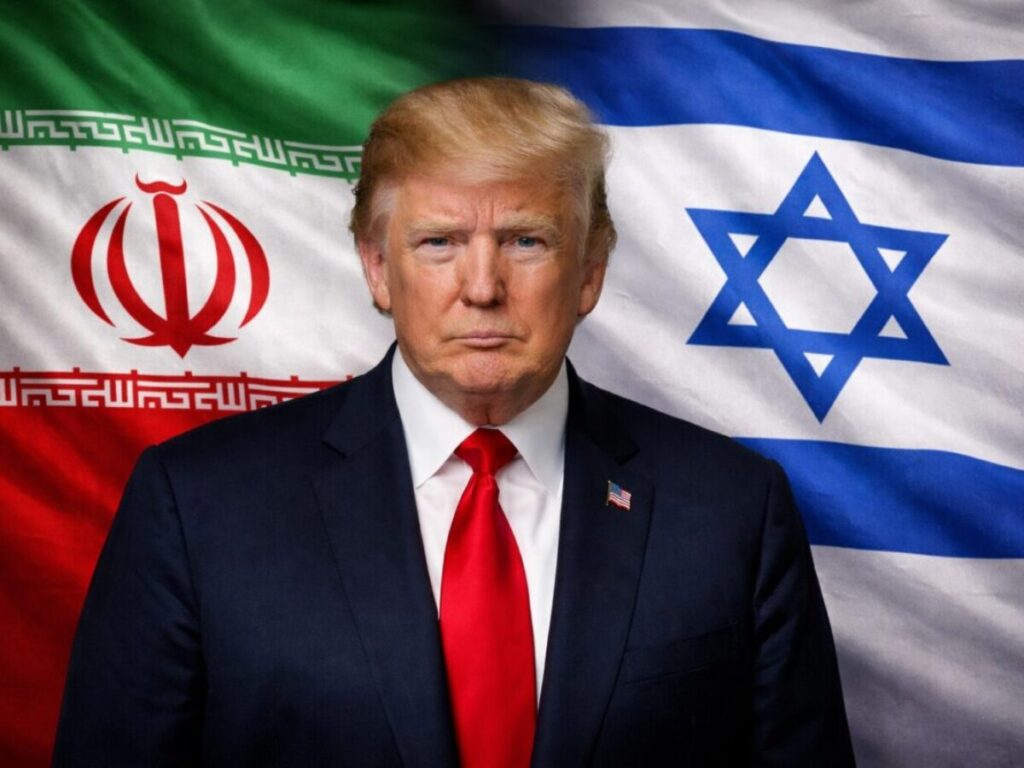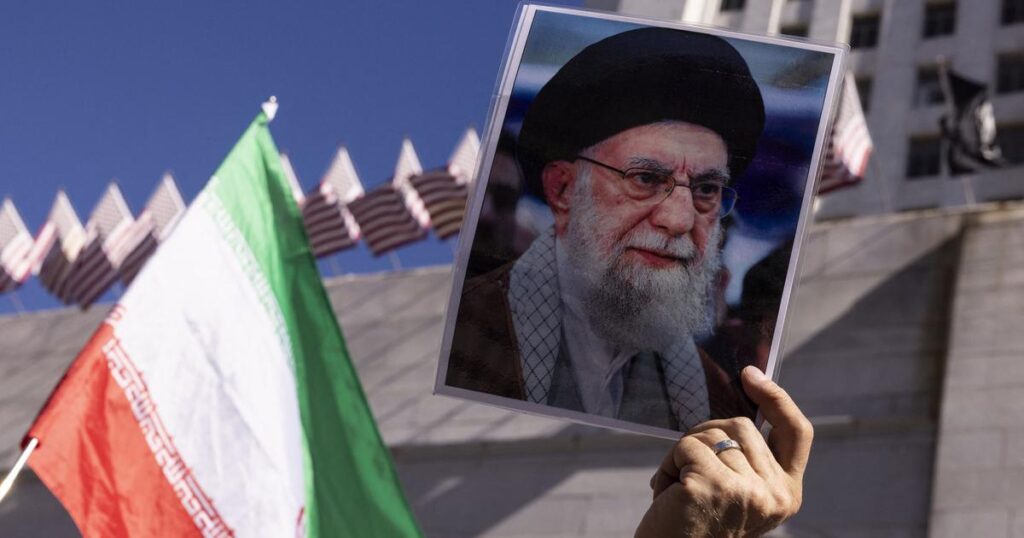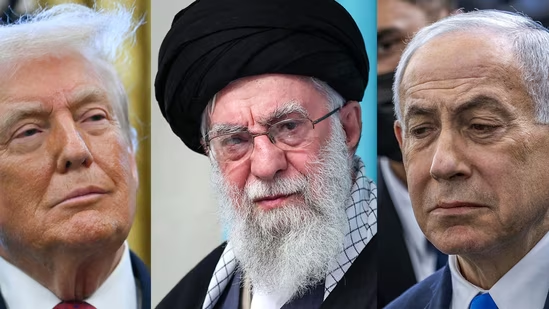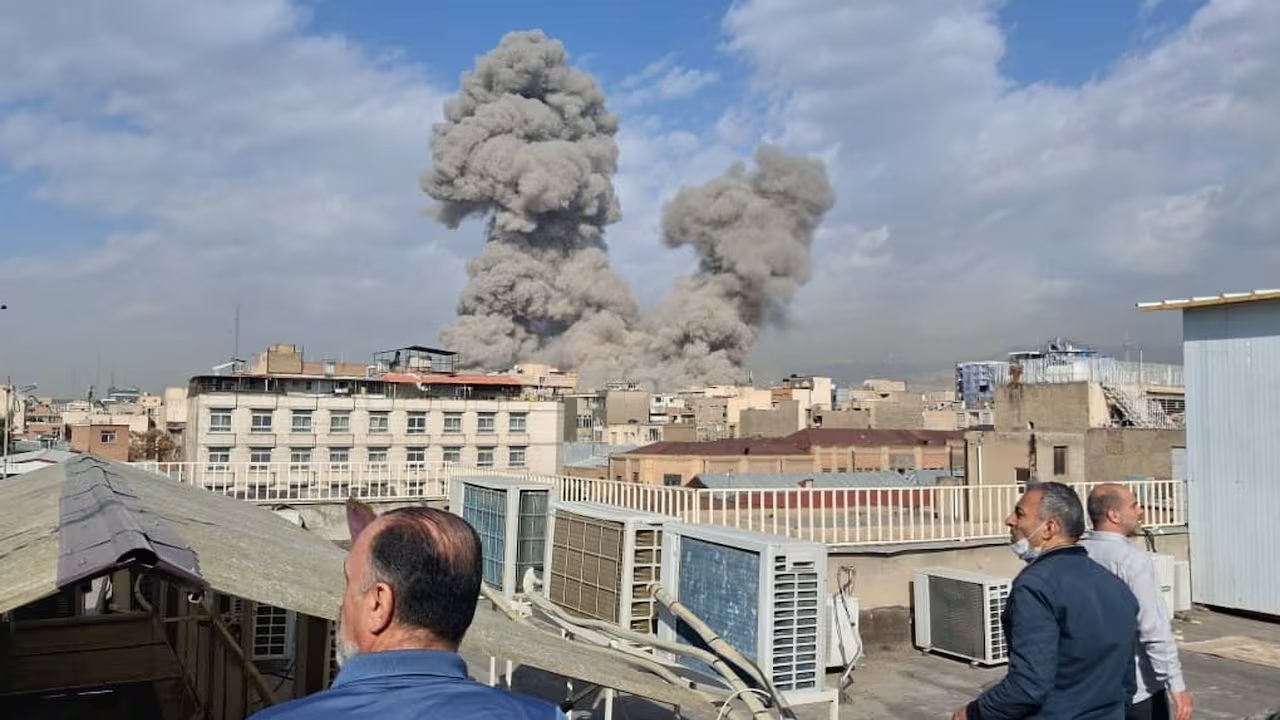
The ongoing conflict between Israel and Hamas has cast a shadow over the global economy, which was already grappling with sluggish growth, stated IMF Chief Kristalina Georgieva on Thursday.
Addressing the audience at the IMF-World Bank annual meetings in Marrakesh, Morocco, Georgieva emphasised that the International Monetary Fund is diligently monitoring the ongoing situation and its impact on oil markets.
Georgieva pointed out that the IMF’s World Economic Outlook, published earlier in the week but compiled prior to the conflict, had already indicated a global growth slowdown.
“We are experiencing severe shocks that are now becoming the new normal for a world that is weakened by weak growth and economic fragmentation,” she said at a news conference.
She remarked that it was “too early” to gauge the repercussions of the conflict between Israel and the Palestinian militant group Hamas.
But, Georgieva added, “very clearly, this is a new cloud on not the sunniest horizon for the world economy — new cloud, darkening this horizon.”
The IMF has maintained its growth projection at 3.0 percent for this year but revised it downward to 2.9 percent for 2024, cautioning that the global economy is “limping along, not sprinting.”
The weekend assault on Israel by the Palestinian militant group Hamas from Gaza has resulted in a significant loss of life and has created turmoil in oil markets, with concerns arising over potential intervention by other nations that could disrupt oil shipments in the Middle East.
Global oil prices surged at the onset of the conflict but subsequently receded as there were no immediate disruptions to the flow of supplies.
IMF Chief Economist Pierre-Olivier Gourinchas stated on Tuesday that IMF research indicates a 10 percent increase in oil prices could exert a 0.15 percentage point drag on global economic growth and raise inflation by 0.4 percentage points.
On Thursday, the International Energy Agency affirmed that the risk of oil supply interruptions resulting from the conflict is relatively low. However, they indicated their preparedness to intervene in markets if the need arises.




